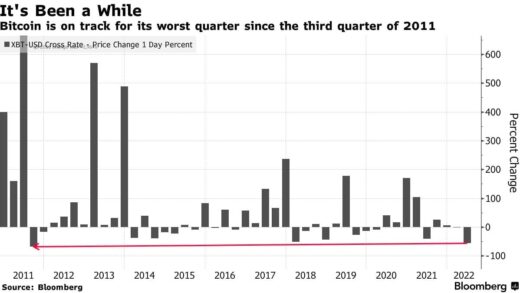Costa Rican Congresswoman Johana Obando proposed a bill titled “Cryptoassets Market Law (MECA),” to regulate and recognize cryptocurrency in the Central American country. Costa Rica to foreign investors and fintech companies as well as create job opportunities for Costa Ricans. The bill was proposed alongside Congressmen Luis Diego Vargas and Jorge Dengo, who also mentioned the government should not tax cryptocurrency profits generated from mining, but that profits from crypto trading should be taxed. Additionally, the bill aims to preserve individual virtual assets, self-custody of crypto assets.
 Bitcoin (BTC) $ 29,397.00 0.1%
Bitcoin (BTC) $ 29,397.00 0.1% Ethereum (ETH) $ 1,844.66 0.29%
Ethereum (ETH) $ 1,844.66 0.29% BNB (BNB) $ 239.12 0.76%
BNB (BNB) $ 239.12 0.76% Solana (SOL) $ 24.45 0.87%
Solana (SOL) $ 24.45 0.87% Polkadot (DOT) $ 5.00 0.24%
Polkadot (DOT) $ 5.00 0.24% Cosmos Hub (ATOM) $ 8.37 0.78%
Cosmos Hub (ATOM) $ 8.37 0.78% Flow (FLOW) $ 0.555415 0.08%
Flow (FLOW) $ 0.555415 0.08%

NMXTP3AR
Enter this Promo Code and get a 20% discount on commissions
- Next El Salvador Opens a Bitcoin Embassy in Switzerland
- Previous National Bank of Kazakhstan to Integrate Digital Tenge With BNB Chain, Binance CEO Unveils
Interesting News
-
Cardano’s Vasil Hard Fork Enters Final Stage
19.09.2022
-
The worst quarter for BTC in 10 years
04.07.2022











